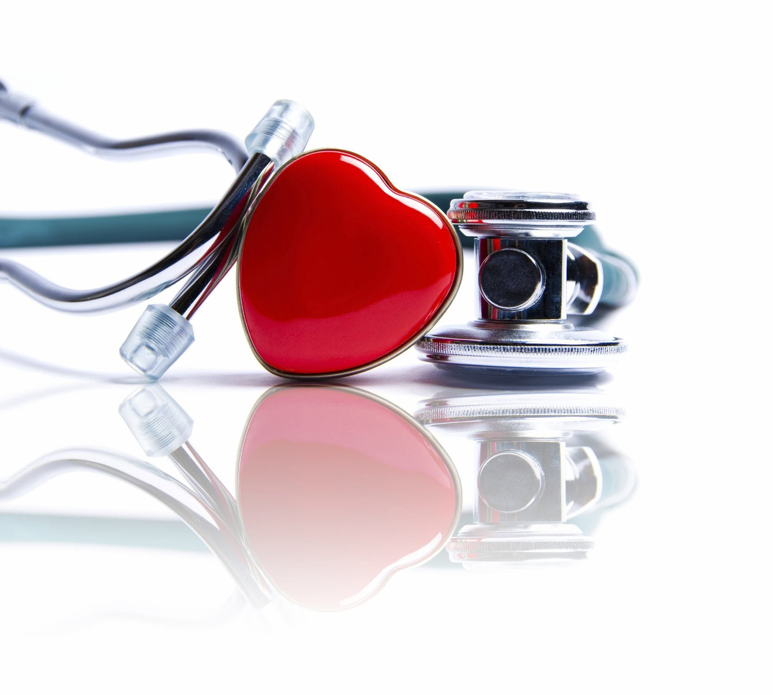
February is American Heart Month and we’re not talking about Valentine’s Day. 1 in 4 deaths each year is caused by heart disease, making it the leading cause of death in men and women in the United States. Thankfully, heart disease can be prevented by making healthy choices, like participating in a regular workout regimen and following a balanced diet. American Heart Month aims to raise awareness for heart disease, encouraging people to make healthy choices. What better time to address the signs of a heart attack and what to do if you suspect one?
We already know that heart attacks are common, but they don’t often happen the way we see them portrayed in movies or television shows, with the victim dramatically clutching his chest and falling to the ground. In reality, some of the symptoms are much subtler. It’s important to note the differences between heart attack symptoms in men and women, too.
Some symptoms are similar, but some distinctions should be noted. For instance, both men and women are likely to experience chest pains, but women may not. Instead, women are more likely to experience shortness of breath, dizziness, lightheadedness, extreme fatigue, and pressure in the upper back, lower chest, or upper abdomen. The shortness of breath may come on suddenly, feeling as if you’ve just performed an intense workout when you haven’t. You may be so dizzy and lightheaded that you throw up or faint. The pressure in your chest and back will feel extremely uncomfortable, almost like a squeezing pressure or fullness. Some even report feeling as if they have a rope tied around their back, pulling at them. If the pain goes away, it comes back; otherwise, it typically lasts more than several minutes. Another common symptom for women is pain in one or both arms, the neck, or jaw.
While men experience chest pain and many of the other symptoms that women do, they are far less likely to experience the other symptoms that women are more prone to facing, like the shortness of breath, nausea, and pain the neck or back. Their most common signs are chest discomfort, heartburn, and pain that spreads to the arm. Men may also experience sweating or snoring.
If you or a loved one is experiencing these symptoms, ignoring them could be deadly. Many women play the symptoms off as something less serious—like the flu or acid reflux—but getting checked is crucial to ensure the least amount of damage occurs. During a heart attack, blood flow to the heart is either cut off or diminished, which means every minute you don’t go to the hospital, the worst it can get. Some people will simply take an aspirin or antacid and go about their day without calling the doctor, but you should call 911 or get to the doctor immediately.
In the meantime, keep your heart healthy with an exercise regimen and healthy diet. Quit smoking if you do, and visit your doctor to find out your heart attack risk.

